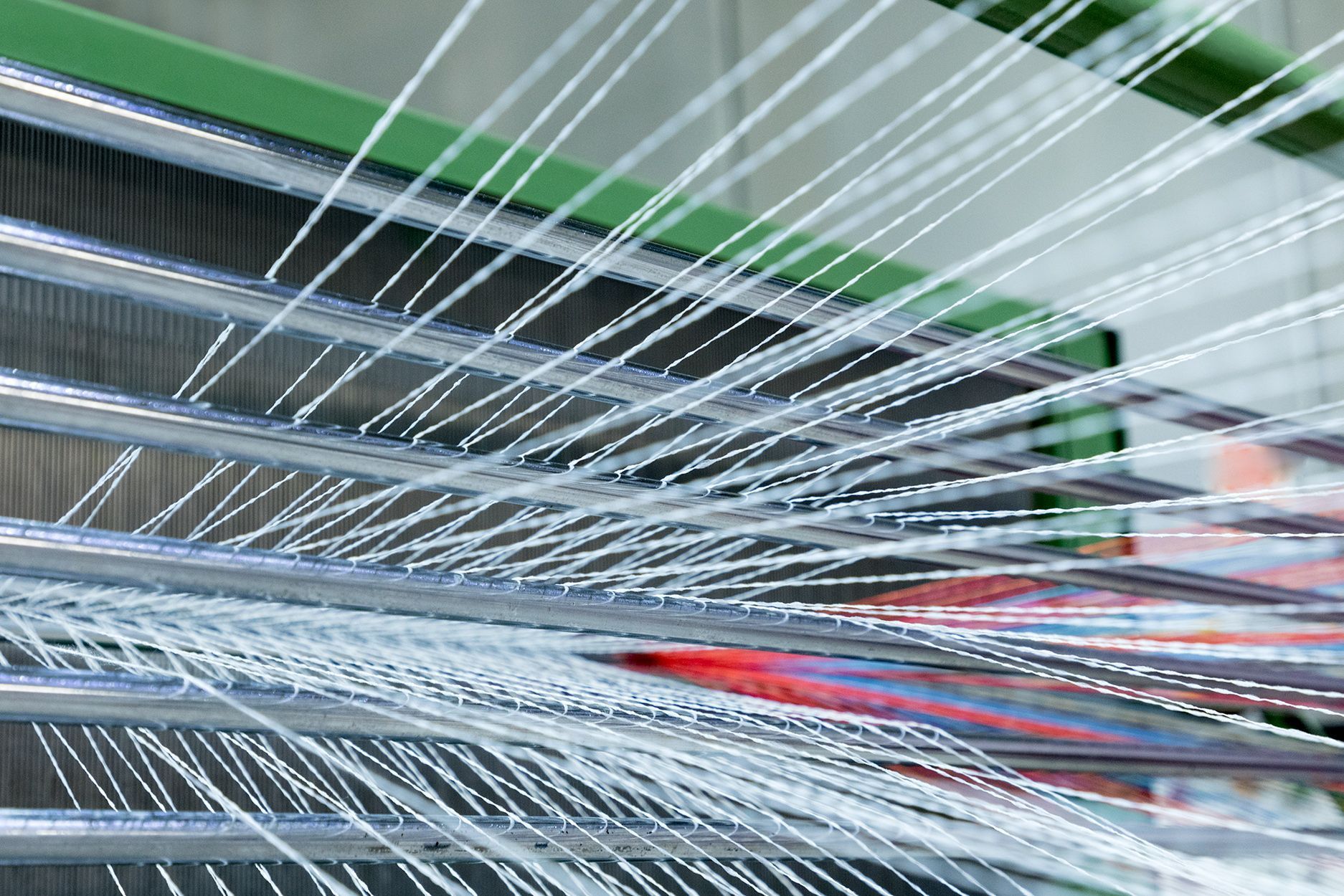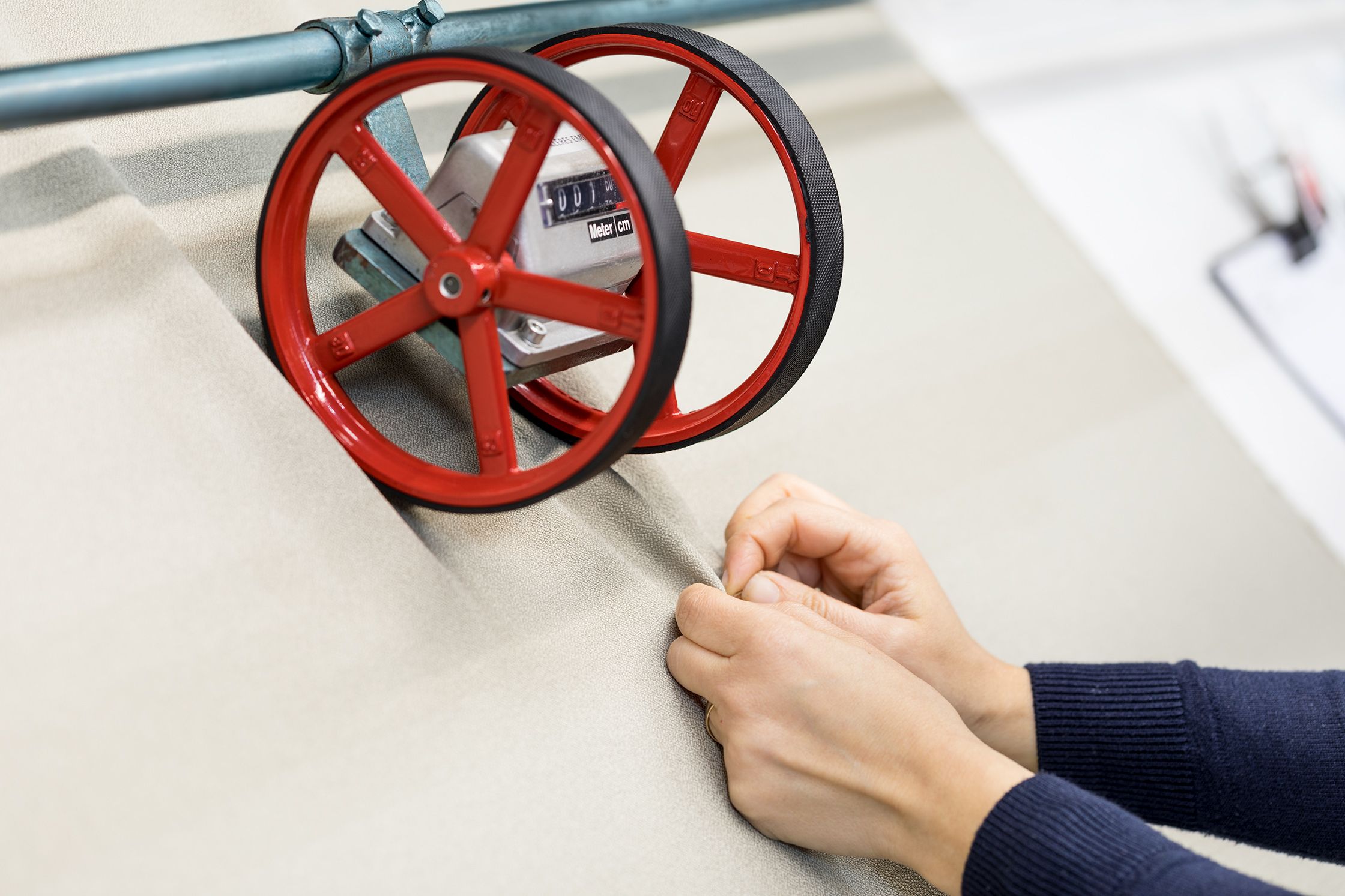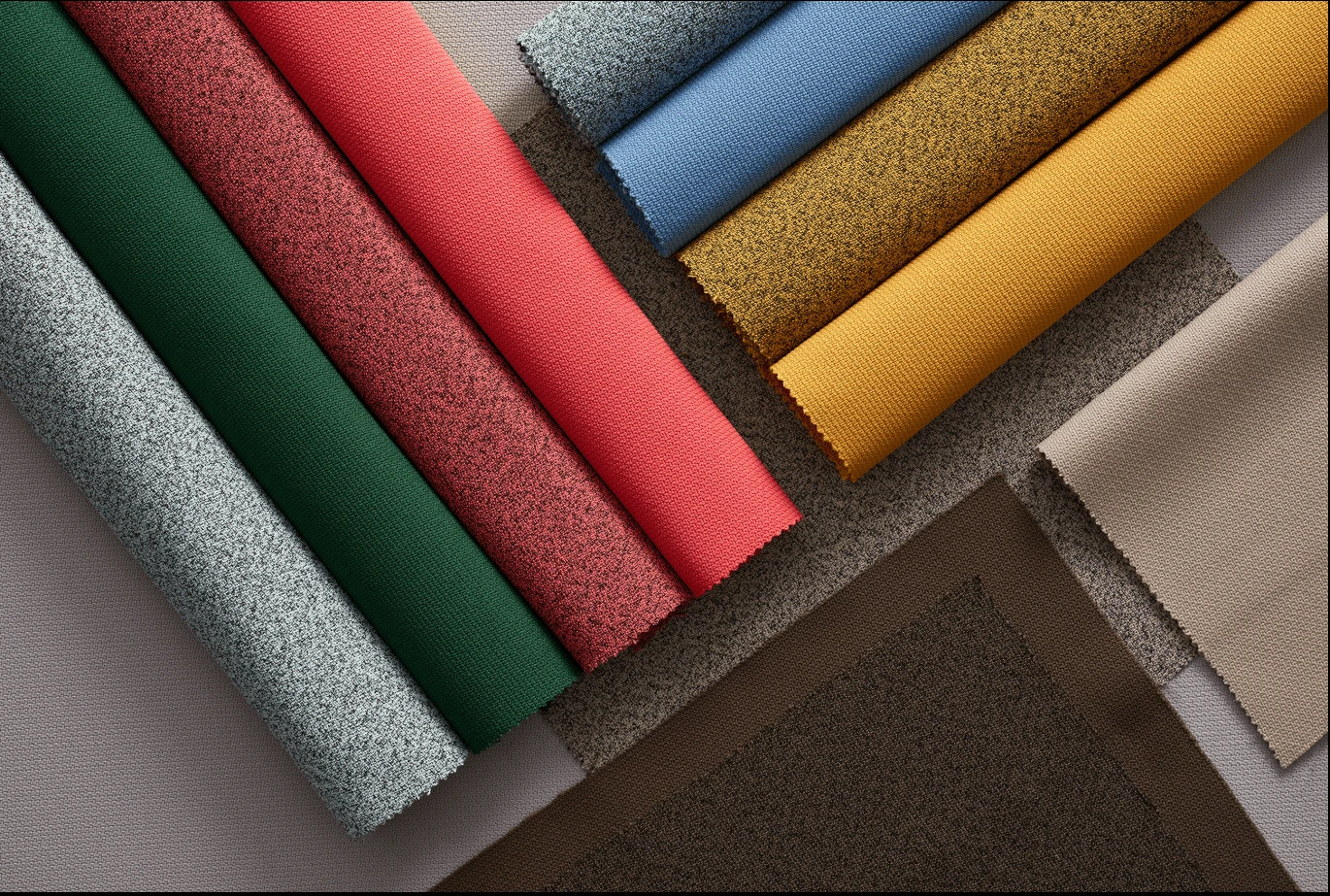
14 Jul 2021
“Slow Fabrics”, our commitment to reduce the carbon footprint in the production of fabrics
“Slow Fabrics” is more than a way of working; It is a philosophy of life, values and a company culture focused on caring for the environment in which we live. But what exactly does this term mean? We try to produce all our fabrics giving value to the nearby product and the geographical situation in which we are located.
The respect to the environment is a fundamental value for us. Nature inspires us and helps us to prosper in the production and design of our fabrics, so respecting her as much as possible is our way to thanking her.
``Slow Fabrics``: Buy fabrics in Barcelona made with Barcelona products
We are a wholesale fabrics company in Spain, and we use the product that we find in this same land. We are also located in an area with a long history of textile industry in Terrassa, Barcelona. This region has had textile producers for more than 150 years and from them we have inherited the knowledges on how to work the products in a sustainable way from the respect of tradition.
How do we reduce pollution with “Slow Fabrics”? Offering fabrics with a minimal carbon footprint. We have local suppliers so that customers can buy fabrics in Barcelona. In this way, we eliminate the carbon footprint produced by transport from other parts of the world.
To produce our product so you can buy fabrics in Barcelona, we use yarns and dyes from suppliers who work in our environment. These suppliers, who are also our neighbors, can supply us with raw materials, as well as all the material we need during the production process and until its finish.
We work with the wholesale of fabrics in Spain and we make sure that our production reduces the carbon footprint, supports local producers and contributes to an environmentally friendly movement.
Our fabrics are, therefore, the reflection of everything that our land is able of doing for us. The purchase of the local product also gives us the possibility of ensuring us that the materials have been produced ethically and sustainably.

The importance to recycle fabrics
Environmental awareness is in our DNA, which is why we not only promote a form of production that respectful with the environment and fabrics with the lowest possible carbon footprint, but we also encourage that our products are recyclable.
We offer our clients the “Active Recycling Cycle” service through which we take care of recycling the scraps of polyolefinic textile materials. It is a simple procedure in which the customer got the guarantee that the material has been correctly recycled.
Recycling is the final touch to an environmentally friendly production. We thus ensure that the life cycle of our fabrics ends sustainably and can be reused.
Production of ``slow`` fabrics: how to reduce pollution
The word “slow” means slow in English, and it is a movement that encompasses more and more industries. There is “slow food” to refer to the food industry and local food products, and “slow fashion” also for the fashion industry.
The “slow movement” is very broad, sharing respect for the environment, praising local products and producers. It is a philosophy that promotes taking the time necessary for quality production and adapted to the rhythm of nature.
Although it applies to many industries, almost all share some fundamental principles:
- Use of traditional methods in the production of raw materials and food. Efforts are made to limit chemicals, fossil fuels, and non-renewable energies. By this way, it contributes to climate stability and the reduction of greenhouse gas emissions.
- Bet for the producers of the region, to avoid the carbon footprint that involves transporting materials from other parts of the world.
- In relation to the previous point, promote the trade and work of local producers and the region.
- The importance of ethical production, in which the rights of workers and producers are respected.
This commitment to the “Slow Fabrics” philosophy is our modest contribution to the environment applied to the textile industry with which we want to minimize the carbon footprint. And you, do you join the “slow” movement?



